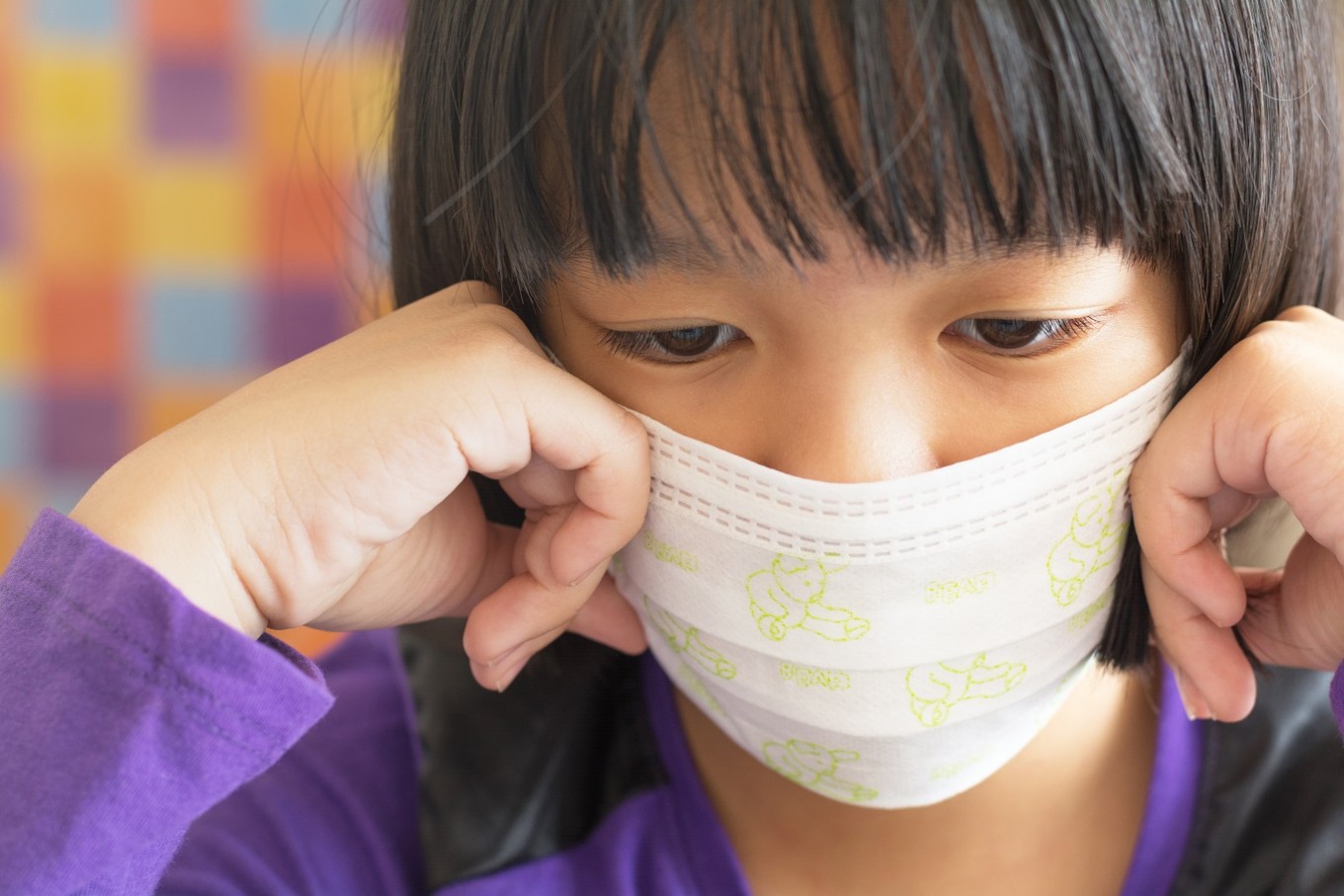Popular Reads
Top Results
Can't find what you're looking for?
View all search resultsPopular Reads
Top Results
Can't find what you're looking for?
View all search resultsIt's 'just' the flu? Let's take better precautions
Even when the flu becomes severe, Indonesians often don’t seek medical attention until it gets worse.
Change text size
Gift Premium Articles
to Anyone
U
nlike other illnesses, influenza seldom causes a fuss. Even when the flu becomes severe, Indonesians often don’t seek medical attention until it gets worse.
Therefore, aspiring pilgrims leaving for the haj this year — and everyone else — should realize that influenza can lead to fatal complications, such as bacterial pneumonia.
Hence, as soon as we catch the flu, we need to get help to identify the symptoms and begin the cure. Instead, many of us tend to choose over-the-counter medications for a quick fix.
The World Health Organization (WHO) estimates that 290,000 to 650,000 people around the world die of respiratory diseases associated with seasonal influenza every year.
While scientists strive to find cures for new flu strains, at least protecting ourselves and our families against seasonal flu would reduce the risk of illness and death.
A research report on severe acute respiratory infections (SARI) in Indonesia from 2013 to 2016 revealed that 14 percent of such recorded cases were influenza positive. The annual incidence of influenza-associated SARI in the country is estimated at 13 to 19 per 100,000 people.
Conducted in the regencies of Gunung Kidul in Yogyakarta and Deli Serdang in North Sumatra as well as in the city of Balikpapan in East Kalimantan, the study, jointly funded by the US Center for Disease Control and Prevention and the WHO, points to a high prevalence of influenza hospitalization among children in Indonesia.
With many reports indicating that children are among those at high risk for serious flu complications, childhood vaccination should be our foremost consideration in establishing community immunity or “herd protection”.
Cissy B. Kartasasmita, a professor of pediatrics at Padjadjaran University’s School of Medicine in Bandung, West Java, told a recent discussion that vaccination was the best defense against influenza. “If 90 percent of our people are vaccinated, the overall community will be protected from the disease,” she added.
The Health Ministry is consulting the Indonesian Technical Advisory Group on Immunization (ITAGI) on the possibility of including flu vaccines in the national vaccination program.
While the inclusion of flu vaccine into the free program is still being discussed, Cissy said flu vaccines should be made mandatory for high risk children, such as children with heart diseases.
As children can easily catch the flu from others, parents are encouraged to vaccinate their children aged above six months, after which they must be revaccinated every year.
Although this is not yet common in Indonesia, providing influenza vaccination to pregnant women has been widely considered by health experts as another necessary precaution, because, together with infants and the elderly, pregnant women and fetuses are other potential risk groups.
Given potential exposure to germs that can be carried to and by patients, healthcare workers are also in dire need of vaccination to curb the spread of flu in healthcare facilities, said Cissy, who now chairs the Indonesian Pediatric Society’s (IDAI) vaccination taskforce.
Vaccination has been widely promoted by Indonesian health authorities as the key preventive measure against the flu; but they are still optional and relatively costly.
Ahead of the annual pilgrimage season, Indonesians heading to Saudi Arabia have been encouraged to get flu shots apart from meningitis vaccination. The latter is required for all travelers to Saudi Arabia since 2009.
Both meningitis and flu come with high risks, the Health Ministry has warned, adding that the most effective way to protect pilgrims from these two infectious diseases is vaccination.
In January, the Health Ministry announced yet another flu strain — H3N2 or “Aussie flu” — which was spreading in the northern hemisphere.
To anticipate the spread of the virus in Indonesia particularly from January until June, through visitors returning to the country, the Ministry in January activated alert systems at its health offices at all seaports and airports. The Ministry has advised any Indonesian aiming to travel to countries affected by the seasonal flu to get influenza vaccinations.
Studies show that influenza viruses A and B, closely associated with acute respiratory infections, are common in Indonesia throughout the year, peaking during the rainy season.
A recently invented cocktail influenza vaccine, deemed particularly effective as it contains two influenza A strains affecting fowl and humans — H1N1 and H3N2 — and two slightly less threatening influenza B strains affecting only humans, namely Victoria and Yamagata, could help reduce the national influenza burden.
Unfortunately, this flu vaccine is still relatively expensive, impeding the government’s efforts to push forward flu shots to prevent viral infection. Each shot costs between Rp 150,000 (US$10.43) and Rp 200,000.
Worse, many say the costly flu vaccine is ineffective. It is the incompatibility between virus strains contained in a vaccine and those spreading in society that may result in weak or suboptimal protection. This is because seasonal influenza viruses spreading dominantly in society can change every year.
To ensure virus strains within the vaccine and the ones spreading and infecting people are the same, the WHO has issued an annual recommendation on the composition of influenza virus strains contained in flu vaccines produced every season. However whether health facilities follow this recommendation remains unclear.
Given people’s poor access to influenza vaccination, partly because of the cost, clean and healthy living habits are our best bet to defend against the disease.
Simple measures, such as washing hands with soap frequently, covering your nose and mouth when coughing and sneezing, wearing masks when sick, disinfecting objects used on a daily basis and avoiding contact with ill people remain effective precautions.
Meanwhile, the government should ensure as fast as possible easy access to flu vaccines for children.











